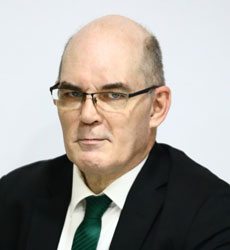IN previous columns, I provided what I hope was a reasonably easy to understand sketch of the most basic form of a carbon market, the so-called cap-and-trade market. I am not going to take up space to repeat all that, but for those who may have missed it entirely, what this form of a carbon market essentially does is to incentivize reductions in greenhouse gas emissions — because, after all, that is the real point of all this — by quantifying emissions and assigning a monetary value to them. If an emissions producer exceeds a certain amount (measured in metric tons of carbon dioxide or CO2-equivalent), it pays a tax on the extra; conversely, if it is able to reduce its emissions below the quota, the surplus "carbon credits" can be sold.
Part of what makes the concept of carbon markets a bit complicated, and frankly a bit risky, is the fact that it commoditizes the absence of something. A ton of CO2e has value in the form of tax, if the government has implemented a carbon tax, but a carbon credit's value is based on that ton of CO2e not existing. That leads to some interesting market creations, things that the Philippines may find financial opportunities in, or that may make a complete mess of any attempt to develop and operate a carbon market here.
Continue reading with one of these options:
Ad-free access
P 80 per month
(billed annually at P 960)
- Unlimited ad-free access to website articles
- Limited offer: Subscribe today and get digital edition access for free (accessible with up to 3 devices)


